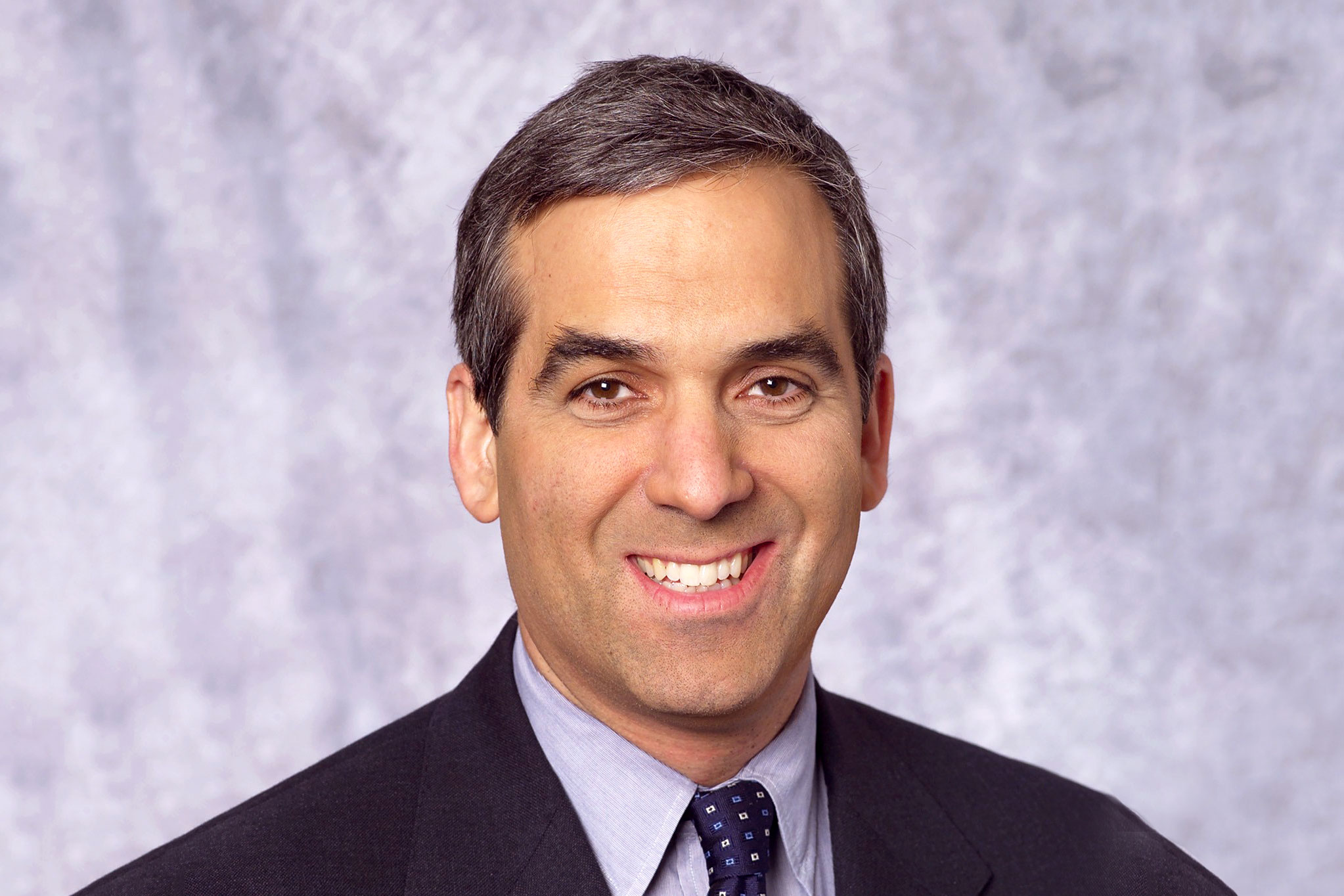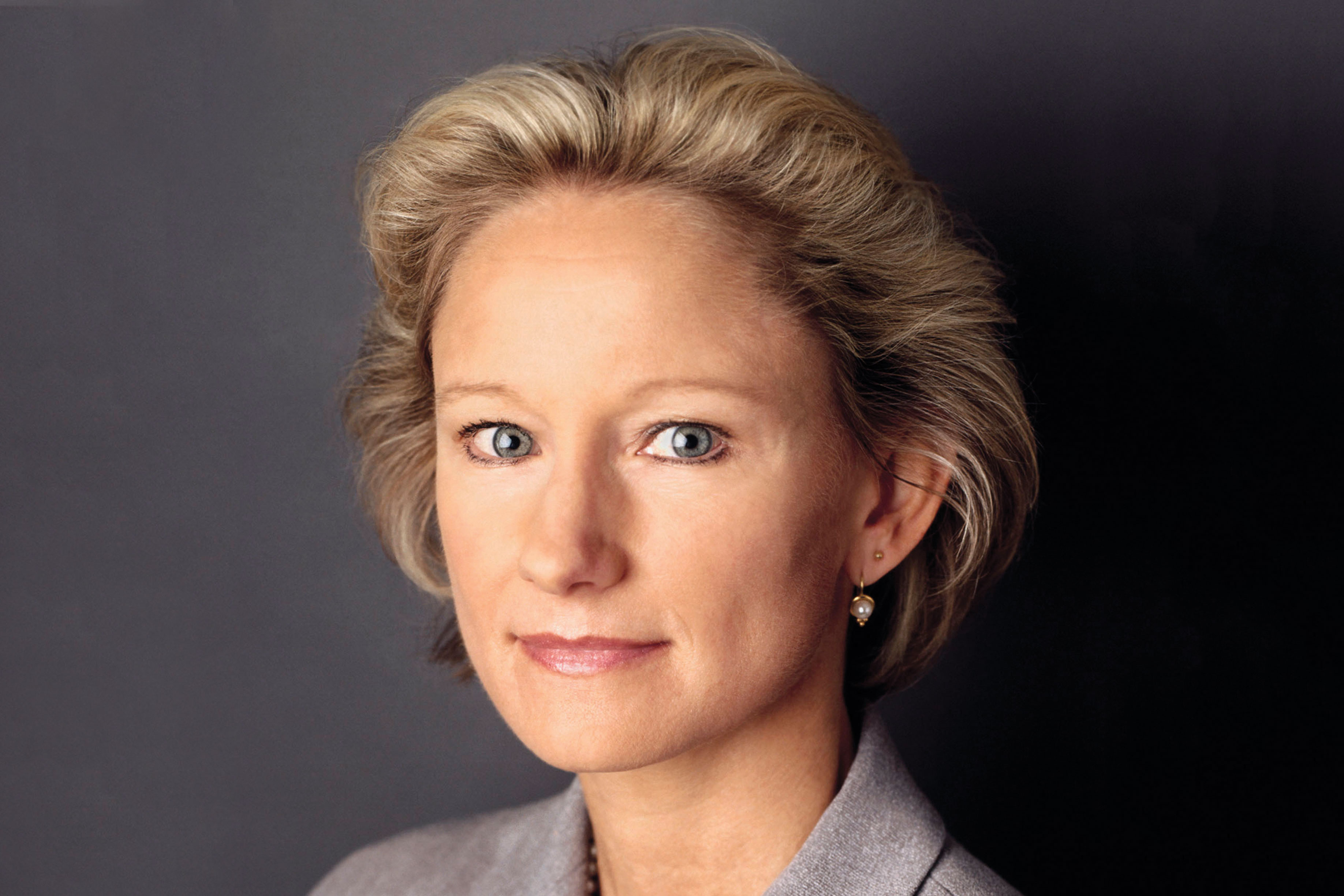For media and entertainment, 2017 is bringing with it exciting new opportunities for growth as well as challenges.
We asked three key players in those industries – all graduates of the University of Virginia School of Law – what they are anticipating in the New Year.
Warner Brothers: Keeping Entertainment Law Relevant in the Digital Era
John Rogovin, a 1987 graduate, is the executive vice president and general counsel for Warner Bros. Entertainment Inc. in Los Angeles. The firm encompasses the Warner Bros. film and television studio, New Line filmed entertainment, DC Entertainment and affiliated game and television companies located around the world.

John Rogovin (Courtesy Warner Bros. Entertainment Inc.)
In his role, Rogovin has led successful legal strategy in major cases involving iconic Warner Brothers franchises, including “Superman,” “The Hobbit,” “Lord of the Rings” and “Two and a Half Men.”
“In partnership with the best creative minds in the business, Warner Brothers has a long, storied history of creating best-in-class movies, television shows and interactive games, entertaining a worldwide audience with some of the very best franchises, brands and intellectual property,” he said.
“Our next big challenge – and opportunity – is how to continue that tradition in the digital era,” Rogovin said. “Our businesses are increasingly looking to satisfy the rapidly changing demands of consumers to watch what they want to watch, when they want and how they want.”
Rogovin said as Warner Brothers’ businesses innovate and increasingly rely on consumer-driven data, its legal teams innovate with them, keeping up with changing practices and evolving laws, providing legal support on a number of different legal fronts, both internally and in commercial relations with others.

He said the digital era also poses new enforcement challenges, including the non-stop effort by profit-making enterprises to steal and exploit Warner Brothers’ best shows and movies. “We address the threat by working closely with the tech community, intermediaries [such as payment processors and credit card companies], industry associations and law enforcement.
“Lastly, like all companies in the digital era, we also face threats to the security of our information,” Rogovin said. “Fortunately, we have a strong team in each area, working closely with outside counsel, to ensure we are meeting all of these challenges.”
Turner: Getting Quality Video Content to the Consumer
Louise Sams, a 1985 graduate of the School of Law, is executive vice president and general counsel to Turner, a large media company based in Atlanta. She held dual executive roles at Turner from 2003 to 2012, serving as president of Turner International, and has been named by National Law Journal among the 50 most influential women lawyers in America.

Louise Sams (Courtesy Turner)
“The next big challenge will be an acceleration of what the media and entertainment industry is facing today: advances in technology, the proliferation of video content and changing consumer habits,” she said. “Quality content is essential, but it is no longer just an issue of providing content on-demand or via a mobile device. The challenge is quickly becoming one of reaching the consumer or helping the consumer reach the content.”
She said more video content is being consumed today than ever before, but the more traditional ways that consumers have discovered content, such as through network- branding or channel-surfing, are less prevalent today and are being replaced by discovery through search and social media.
“Given the pace of change in the industry and in technology, the biggest challenge will be to sustain the success of our existing businesses while also innovating with new businesses that could potentially disrupt or cannibalize the existing businesses,” Sams said.
Netflix: Keeping Innovation Flowing
David Hyman, a 1993 graduate of the School of Law, is general counsel for Netflix in Los Gatos, California.
“We’re at the vanguard of Internet TV replacing linear TV. Internet TV is on-demand, personalized and available on all your screens,” he said. “This is a huge change in the way people consume content. It’s a growing global phenomenon that has ripple effects through virtually all aspects of the media and entertainment landscape.”

David Hyman (Courtesy Netflix)
Hyman said the shift to Internet TV is ushering in a golden age of television, with many new players developing high-quality compelling dramas, unique comedies and fascinating documentaries.
“With a change of this magnitude, our big challenge is to assure that the legal and regulatory environment continues to foster the innovation and resulting consumer benefits that the OTT [over-the-top content] services are providing,” he said.
Over-the-top services operate independently from such multi-system operators like AT&T and Comcast Cable. “We need to be mindful of moving too quickly to regulate or otherwise extend legacy broadcast-based media regulation into this developing ecosystem.”
Media Contact
Article Information
January 12, 2017
/content/3-wahoos-predict-what-expect-media-and-entertainment-2017

